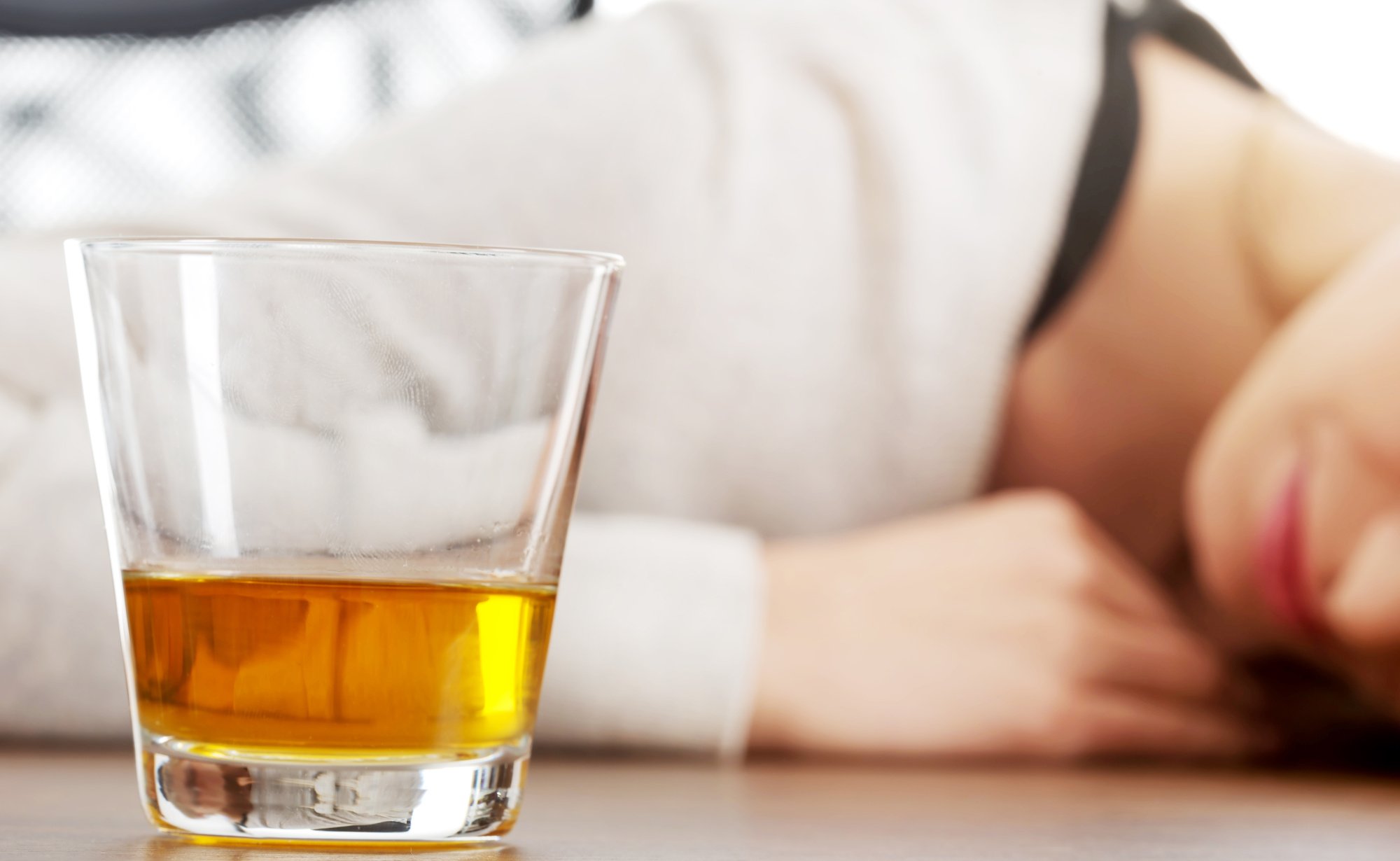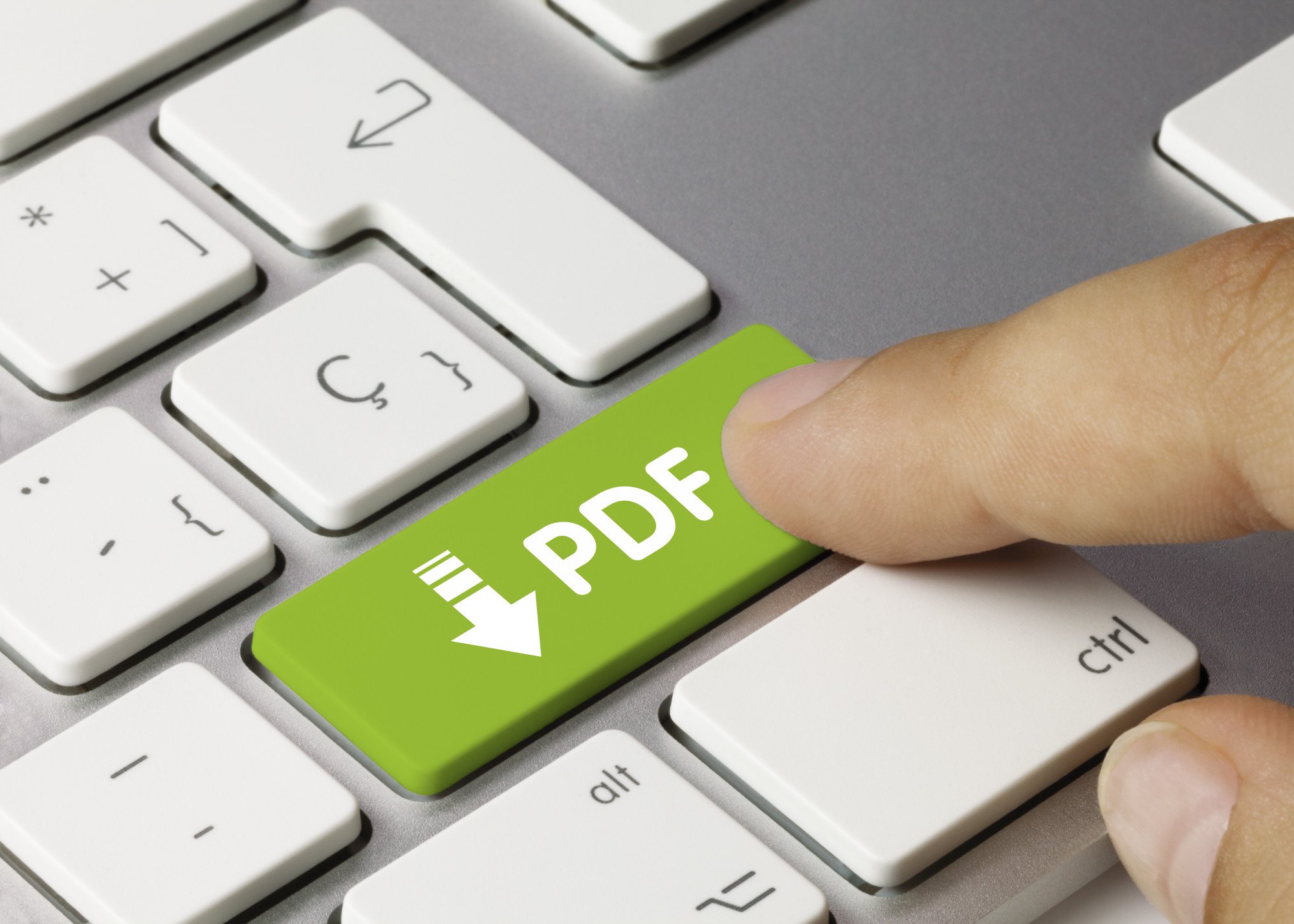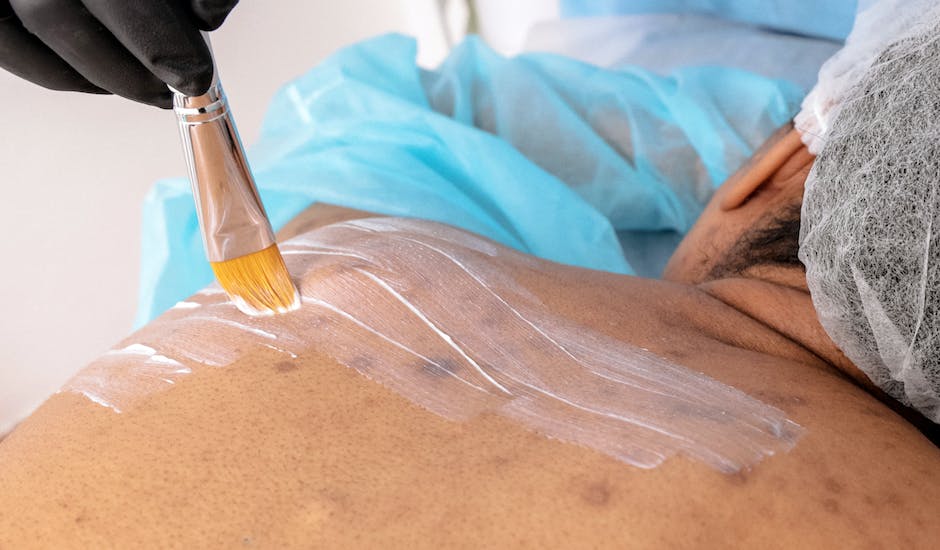Anxiety disorders and alcoholism have many things in common. For both, there can be a constant cycle of being unable to relax and consuming alcohol because of the anxiety.
Not being able to consume alcohol because of anxiety leads to self-loathing, which then amplifies the anxiety. Breaking the anxiety and alcoholism cycle takes extreme vigilance and effort, but it can be done.
Starting where you are and not shaming yourself for shortcomings is the first step to starting your new journey. Here is a guide to breaking the cycle. Read on!
Understanding the Connection
It is very important to understand how anxiety and drinking are connected to break the loop. Anxious people often turn to alcohol because it seems to briefly ease their symptoms. But this relief doesn’t last long, and drinking can worsen anxiety disorder over time, leading to a vicious loop.
The first step to getting better is noticing this trend. People can start using healthier ways to deal with anxiety once they realize that drinking may make them feel better in the short term but worsen their anxiety in the long run. Education and self-awareness are strong tools in this process because they give people the power to make decisions about their well-being based on accurate information.
Dual Diagnosis Treatment
Dual diagnosis care is an important part of breaking the cycle of social anxiety and drinking. It acknowledges that these conditions often affect and communicate with each other, so they should be treated simultaneously.
In dual diagnosis programs, mental health and addiction people work together to give combined care. This all-around method deals not only with the symptoms of anxiety and alcoholism but also with what causes them. By looking into the reasons and triggers, people can learn more about their conditions and develop better ways to deal with them.
Cognitive Behavioral Therapy (CBT)
Cognitive behavioral therapy (CBT) is a type of therapy that is well-known and backed by proof. It can be especially helpful for treating anxiety and alcoholism. In CBT, people work with a therapist to determine how their negative thoughts and actions add to their depression or anxiety.
People can question and change these patterns by knowing how their thoughts, feelings, and actions are linked. CBT gives people the tools and skills to deal with anxiety without using alcohol as a coping strategy.
Medication
Medication can be a helpful part of a plan to treat nervousness and alcoholism in some cases. Medication alone is not a cure, but it can help control the symptoms and make a more stable base for healing.
A medical professional may give you antidepressants or anti-anxiety drugs to help with your worry. These medicines can help people regain control of their thoughts and lessen overwhelming anxiety.
People who want this kind of treatment can find choices like Vivitrol Delaware to help them on their way to recovery. But it’s important to remember that you should always use medicine under the direction and supervision of a trained medical professional.
Support Groups
Support groups can give people trying to get better from things like anxiety and alcoholism hope and motivation. Support groups help people feel like they fit in and connect with others who have been through similar things.
This builds a sense of community. Knowing that others have been able to break the cycle can give those still suffering hope and motivation.
Lifestyle Changes
Those who want to break the cycle of anxiety and drinking must make good changes to their lives. Regular exercise, a healthy diet, and enough sleep contribute greatly to your general health.
Endorphins, natural mood boosters, are released when you work out. This can help relieve anxiety feelings. A healthy diet gives you the nutrients you need for a healthy brain and stable emotions.
Prioritizing good sleep habits is important because bad sleep can make anxiety and alcohol cravings worse. Together, these changes to your lifestyle help you feel more stable emotionally and give you hope for a better, healthier future.
Stress Management Techniques
Managing your stress is a great way to break the cycle of worry and drinking. Stress is a common cause of nervousness and alcohol cravings, so learning how to deal with it is important.
Mindfulness meditation, for example, helps people stay in the present moment and stop thinking about mistakes from the past or fears about the future, which can make them feel anxious.
Deep breathing exercises can quickly calm the nervous system, which can help ease the physical signs of anxiety and the urge to drink. Progressive muscle relaxation is a way to relax your body and mind by carefully tightening and relaxing different muscle groups.
Relapse Prevention
To stay sober and deal with worry well, it’s important to make a strong plan to avoid relapse. The first step is to learn about what can lead to a return. These triggers can be emotional, social, or caused by the surroundings.
By figuring out these causes, people can devise ways to deal with them. For example, if social settings are a trigger, they can learn to decline invitations to events with alcohol politely or have a non-alcoholic drink on hand.
Realizing that relapse is possible but not necessary can give people hope because they realize that relapse is a normal part of the road to recovery and can be beaten with the right strategies and support.
Going Out of Your Comfort Zone
Doing something that frightens or intimidates us can help us to become more comfortable in our skin, thus breaking the anxiousness driving us to alcohol. We have to be brave and willing to take risks.
Gradually transitioning into uncomfortable situations like socializing with peers or attending a self-help meeting can help to build resilience and strength. There may be a lack of confidence, fear, and worry, but if we choose to push through and build experience, we can make progress.
Unchain Your Life from the Anxiety and Alcoholism Cycle
Hope for recovery is within reach, and never give up looking for it. Taking it one day at a time and changing your outlook on life is the first step.
If you or someone you know is struggling with an anxiety disorder or alcoholism, seek certified help today. It is the most important thing you can do to break the anxiety and alcoholism cycle.
We hope you found this article helpful. If you did, be sure to check out our blog for more great content like this.










